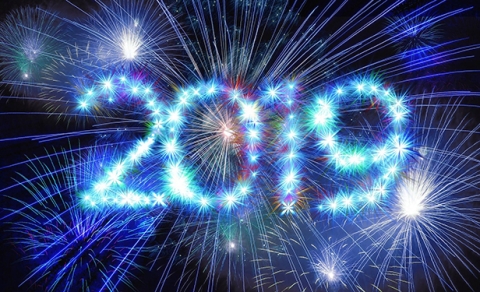Experts Cite Influencers and Data as Top Event Marketing Trends in 2019

Know your audience and your industry’s influencers well. That’s the advice event marketing experts have for event organizers in 2019. They predict that the trends of data and influencer marketing will continue to have a strong impact on drawing attendees to events. They also say that these tools will be required to cut through the clutter and reach audiences with valuable brand messages.
Sam Lippman, president of Lippman Connects, says that influencer marketing will be essential for organizers to draw attendees to their events and that event marketers will invest more human capital to acquire attendees.
“In 2019, event marketers will encourage their bosses, volunteers and partners to invite their circle of friends to join them at select events,” he said. “This personal outreach from industry rock stars will break through the ever-increasing clutter and attract quality attendees to events.”
Nick Borelli, president and strategist at Borelli Strategies, agrees that influencer marketing is poised to make a big impact on live events in 2019.
“As adblockers continue to be adopted, GDPR keeping spam away and social media algorithms weeding out brand content, it’s never been a better time to leverage the power of your event’s biggest influencers to help increase ticket sales,” he said.
Borelli added that micro influencers within an industry can be a crucial element of a show’s growth and that systems exist that event organizers can take advantage of to achieve a successful influencer marketing campaign.
Kimberly Hardcastle-Geddes, president of mdg, sees data use that allows event organizers to be more agile as a top trend next year.
“In 2019, agile marketing will be the name of the game,” she said.
Hardcastle-Geddes points out that enhanced data and testing capabilities allow event organizers to see what is working and what is not working in real time.
“Savvy marketers are adapting their systems, processes, technologies and organizational structures to improve predictability and reaction speed,” she explained. “Terms like sprints, scrum, stand up meetings, agile will be more than sexy buzzwords in 2019, they will make up the vernacular that describe how event marketing gets done.”
Borelli says there will be an increase in the importance of attendee personas based on rich marketing and experience data.
“With an increased pressure from stakeholders to deliver tangible results from live experiences, deeper understandings of behaviors are required,” Borelli said.
He added, “The larger event firms are investing more and more in purpose-driven data collection to better understand and empathize with the needs of attendees.”
It’s not enough to collect data. Using that data to know audiences inside and out and tapping into the power of the influencers within an industry will be crucial as events tackle the tough challenges of cutting through the clutter to reach audiences and create memorable experiences in 2019.
Don’t miss any event news! Sign up for any (or all) of our e-newsletters HERE & engage with us on Twitter, Facebook, LinkedIn & Instagram!


Add new comment